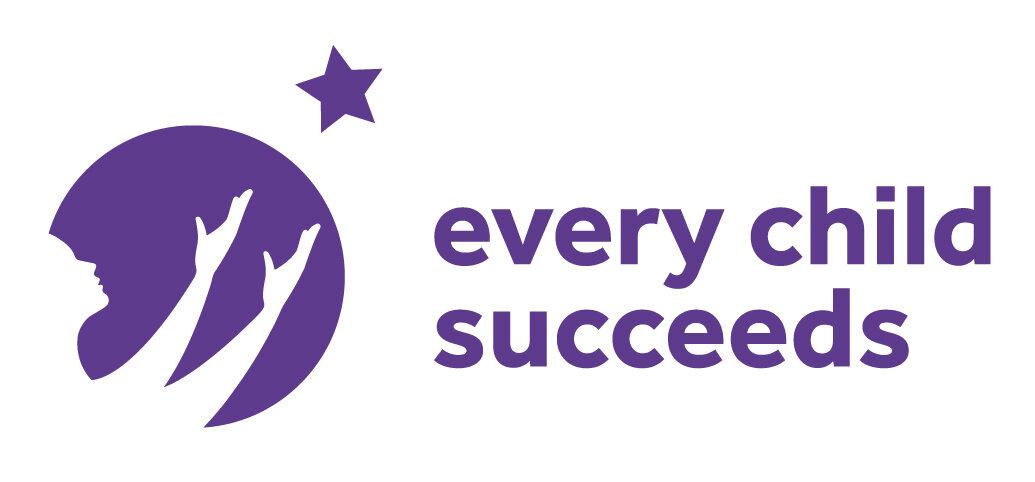Our Current Studies
The Pregnancy and Infant Development (PRIDE) Study
The Pregnancy and Infant Development (PRIDE) Study started in 2015 and is a longitudinal study that is trying to understand the effect that maternal stress during pregnancy has on children throughout the early years of life. The study looks at whether DNA methylation of stress response genes may serve as a biomarker of stress dysregulation resulting from prenatal distress exposure in utero, therefore providing an objective indicator of individuals at risk for developmental delays. Finally, the study is trying to determine the effectiveness of a neurobehavioral assessment tool for improving both maternal and offspring outcomes.
Publications:
Bowers, K., Ding, L., Gregory, S., Yolton, K., Ji, H., Meyer, J., Ammerman, R.T., Van Ginkel, J., Folger, A., 2018. Maternal distress and hair cortisol in pregnancy among women with elevated adverse childhood experiences. Psychoneuroendocrinology 95, 145–148. https://doi.org/10.1016/j.jad.2019.04.079
Folger, A; Ding, L; Ji, H; Yolton, K; Ammerman, R; Van Ginkel, J; Bowers, K: Neonatal NR3C1 Methylation and Social-Emotional Development at 6 and 18 Months of Age. Frontiers in Behavioral Neuroscience 2019:13 (published online, https://doi.org/10.1016/j.psyneuen.2018.05.024)
Principal Investigators: Katherine Bowers, PhD, Alonzo (Ted) Folger, PhD
Staff: Beth Heeter
PRIDE Study Contact Information:
Phone Number: 513-636-6196
Fax Number: 513-636-7509
Email: PRIDEStudy@cchmc.org
Funding Sources: National Institute of Minority Health and Health Disparities (NIMHD)
NIMHD 1R01MD013006-01A1
Folger and Bowers (MPI)
07/26/19 – 02/29/24
Linking pre- and post-natal psychosocial determinants, DNA methylation and early developmental health disparities
NIMHD R56MD013006-01
Folger and Bowers (MPI)
09/25/18 – 09/24/19
Linking pre- and post-natal psychosocial determinants, DNA methylation and early developmental health disparities
Every Child Succeeds (ECS) Biobank Study
The Every Child Succeeds (ECS) Biobank Study started in 2019 and is a three year grant funded by Cincinnati Children’s Hospital. The purpose of the ECS Biobank is to enable researchers to study how the home and family environment impact health and child development, specifically in the Cincinnati community. This biobank will develop a birth cohort that includes biological and environmental specimens from mother-child pairs and their residences, respectively.
This study is in partnership with the Cincinnati Children’s Discover Together Biobank.
Principal Investigators: Katherine Bowers, PhD, Alonzo (Ted) Folger, PhD
Staff: Beth Heeter,
ECS Biobank Contact Information:
Phone Number: 513-636-6196
Fax Number: 513-636-7509
Email: ECSBio@cchmc.org
Discover Together Biobank Contact Information:
Phone Number: 513-803-7107
Funding Source: Cincinnati Children’s Academic and Research Committee
Healthy Eating for My Infant (HEMI)
Obesity disproportionately affects youth from low-income or underrepresented racial and ethnic backgrounds. Youth who go on to develop severe obesity begin to deviate from their normal-weight peers in their growth trajectories by 4-6 months of age, making infancy and early childhood an ideal time for intervention. In collaboration with a home visiting program, Every Child Succeeds (ECS), and faculty from Cincinnati Children’s Hospital Medical Center, we will be developing an infant obesity prevention program, Healthy Eating for My Infant (HEMI). In order to create an intervention that is culturally and contextually relevant, meaningful, and useful for families, we will be working with families and the community to develop the intervention content. HEMI will target healthy eating among infants who are at risk for health disparities and obesity through behavioral and educational strategies. HEMI will consist of 6 adaptive home visit treatment sessions that promote problem-solving, healthy behaviors, readiness to change, goal setting, and self-monitoring. Families participating in HEMI are able to choose which treatment sessions they wish to receive based on their individual needs, and peer counselors will also be involved in delivery of sessions to help families utilizing their lived experience. We hope this intervention is the first step towards reducing obesity among at-risk youth by promoting development of healthy eating in infancy.
To learn more about research projects being conducted in the Healthy Bearcat Families Lab, please visit the lab website at: https://sites.google.com/view/odarcc-healthy-kids-lab/home
Principal Investigators: Cathy Stough, Jessica Woo
Staff: Jennifer Berndsen
Funding Source: Reducing Health Disparities through an Adaptive Healthy Eating Program for Underserved Infants in a Home Visiting Program (1R21NR019126-01A1)
